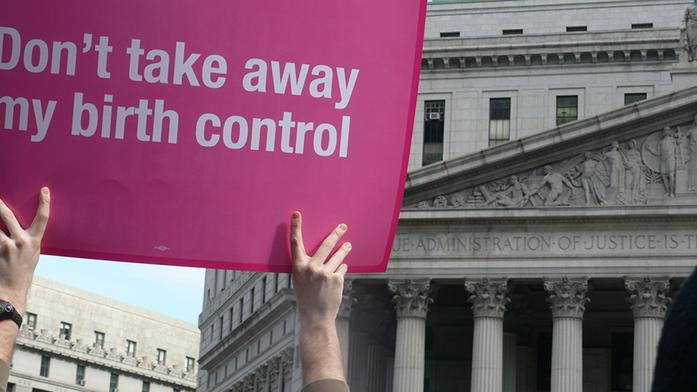Christopher Cervantes
[email protected]
On Nov. 6, the Supreme Court decided that it would settle on the controversial issue on whether health insurance should cover birth control. This challenge of the Affordable Care Act is based on the grounds of being unconstitutional and nicknamed a “contraceptive mandate.”
This new case goes a step further, though. While the likes of churches, temples, and other religious structures are exempt from the requirement, the new push is to give nonprofit groups, such as schools and hospitals that are affiliated with the religious houses more leniency.
You see, nonprofit groups can avoid fines and coverage if they tell their insurers, plan administrators, or the government that they must receive an exemption. However, much in the same vein of Kim Davis, advocating groups state that what happens after they become exempt (contraceptives are provided through a third party) goes against their faith.
One of the most notable groups leading this campaign are a group of nuns know as the Little Sisters of the Poor, which manages several assisted-living homes across the country. Women’s-rights groups are pushing against the sisters. Gretchen Borchelt, the vice president of the National Women’s Law Center, said, “It’s unfair and harmful for some employers and schools to use their religious beliefs to deny women vital health care that also makes them more economically secure.”
As a Catholic who doesn’t understand a faith’s aversion to birth control, I agree with Borchelt. If there were to be an exception on this incident because of the grounds presented by the opposing parties, then a precedent will be set. Organizations could get out of almost anything with the excuse of “going against faith.” With religious texts being so strict, the number of exemptions needed would be detrimental to any organization and limit it. Add that with a long list of public misconceptions, then you’re left with a piece of legislation in need of a good publicist.
This is not the first opposition faced by the Affordable Care Act. Upon its creation, 28 states challenged the act’s constitutionality. Throughout that last few years, follow-up litigation has been a constant factor of the act’s life. Each time, though, neither side has really been perfectly “correct.”
I do sympathize with the Little Sisters of the Poor and others similar to it. The position they are in is not a comfortable one. However, it is for the best that the new push should not be accepted on the legislative field. With a precedent sent, it would cause more problems than solutions. Right now, can we really afford any more problems?



